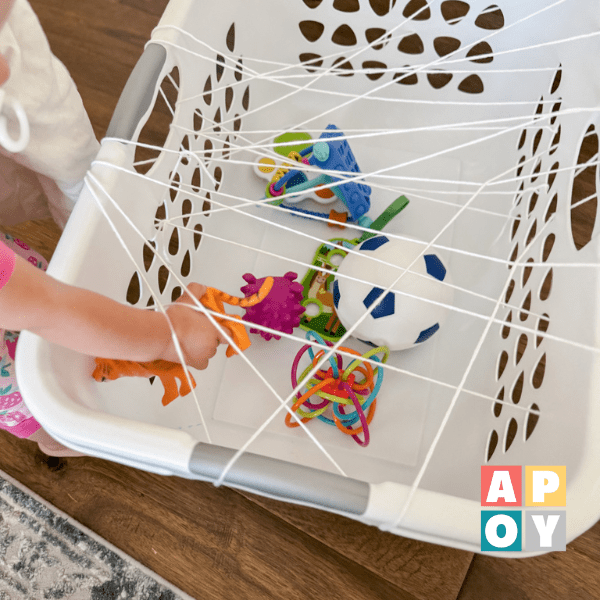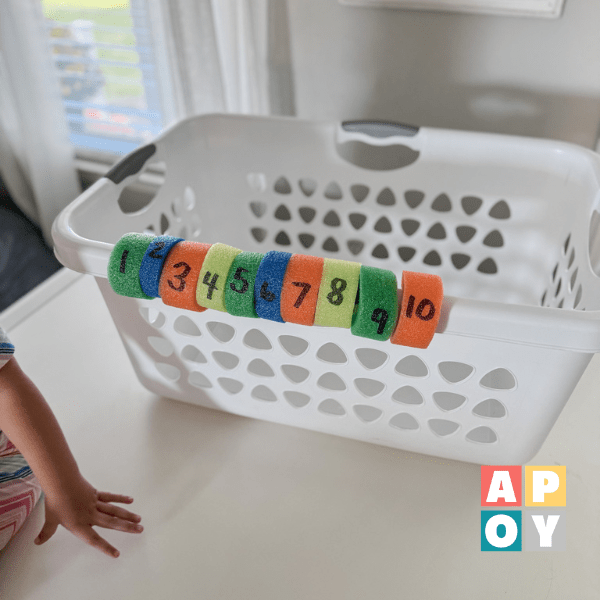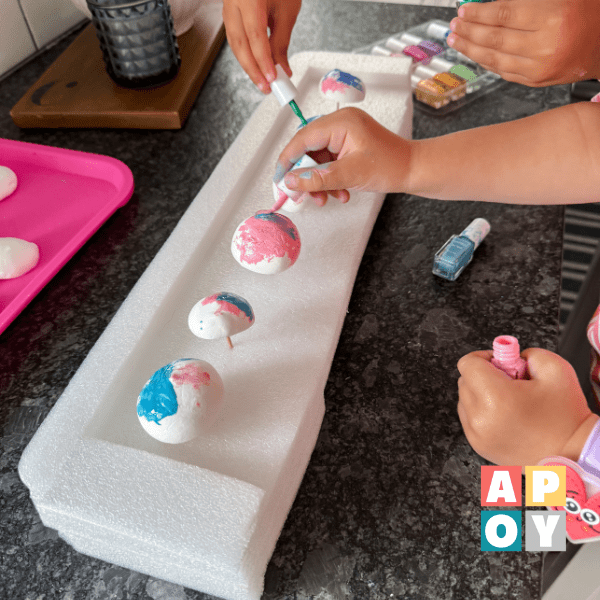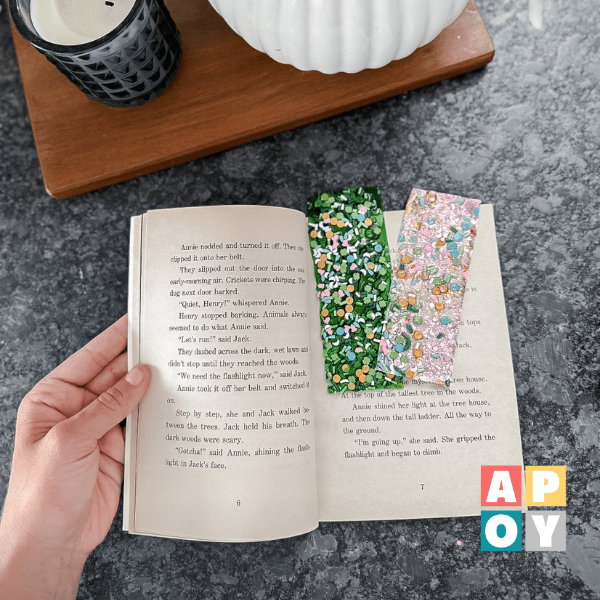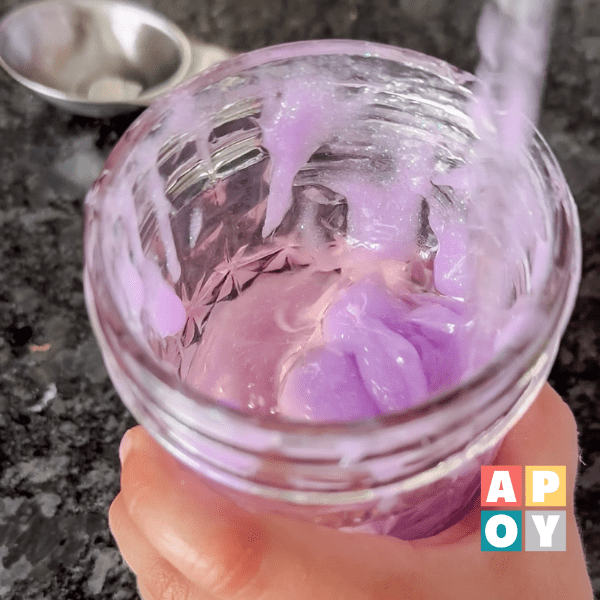Preschool Activities
Preschool Activities: Nurturing Development through Play and Exploration
Preschoolers, aged 3 to 5 years, are at a stage of incredible growth and discovery. As they eagerly explore the world around them, their cognitive, physical, social, emotional, and language skills flourish through playful interactions and engaging activities. These early years form the foundation for their future development and success, making it essential to provide them with age-appropriate and enriching experiences.

DEVELOPMENTAL MILESTONES FOR PRESCHOOLERS*
At this stage, children reach significant developmental milestones that shape their abilities and personalities. They are curious, imaginative, and eager to learn. Here are some key milestones that most preschoolers achieve:
Physical
Gross and fine motor skills are crucial in this domain. Preschoolers enhance their muscle control, balance, and coordination, engaging in activities like climbing, jumping, and running. Fine motor skills are honed through tasks like using scissors, drawing, and buttoning clothing.
Language
Preschoolers rapidly expand their vocabulary and communication skills. They participate in conversations, ask and answer questions, describe things, and start showing emergent reading and writing skills.
THE POWER OF PLAY IN PRESCHOOL DEVELOPMENT
Play is the cornerstone of preschool development. It is not just a way for children to pass the time; rather, it is an essential tool for learning and growth. Through play, children engage in problem-solving, practice social interactions, build self-esteem, and release emotions. Here’s how play supports different areas of development:
Physical skills
Gross motor play, such as climbing, jumping, and running, helps children develop their coordination, balance, and strength. Fine motor play, like threading beads or playing with playdough, refines their hand-eye coordination.
Language Skills
Engaging in conversations during playtime enhances language development. Children learn new vocabulary, improve communication, and practice using language to express their ideas and feelings.
Nurturing Development in Five Domains
To ensure a well-rounded education and promote holistic growth, it’s crucial to address all five domains of early childhood development:
Physical
Engage children in gross motor activities like hopping, skipping, and dancing, as well as fine motor activities like drawing, cutting, and manipulating small objects.
Language
Read to children daily, engage in conversations, and expose them to a rich vocabulary. Encourage storytelling, role-playing, and imaginative play to develop their language skills.
Balancing the Domains: The Importance of Play
While each domain has its significance, they are all interconnected and influenced by play. Preschoolers naturally explore and develop skills in multiple areas simultaneously during play-based activities. Teachers and parents should embrace this natural approach to learning and provide a rich environment that encourages exploration and creativity.
By understanding the developmental milestones and offering age-appropriate activities, we can foster preschoolers’ growth and help them thrive during this formative period. So, let’s dive into a guide of activities that support cognitive, physical, social/emotional, language, and self-help skills in preschoolers. These playful experiences will not only ignite their curiosity but also lay the foundation for a lifetime of learning and success.

Not sure how to do this?
Check out all my tips, Activities, & playful fun below!
Keep in mind that the key to a delightful experience for your preschooler is to engage them in activities that match their age, ensure safety, and bring joy to their little hearts. These carefully chosen activities will not only foster their development but also create beautiful memories that you and your young adventurer will treasure. So, let the excitement begin, and enjoy every moment of this wonderful journey you’re about to embark on together!
Biggest Number Game
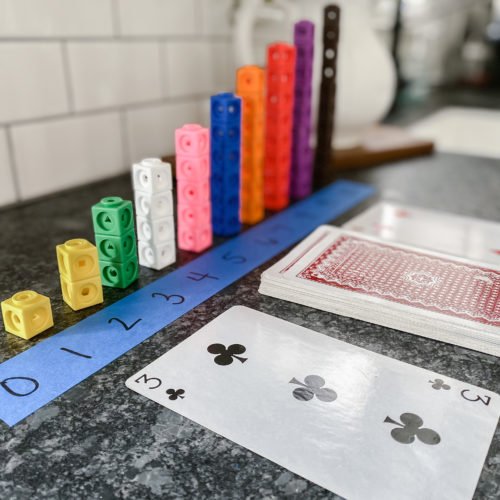
Alphabet Car Parking Lot
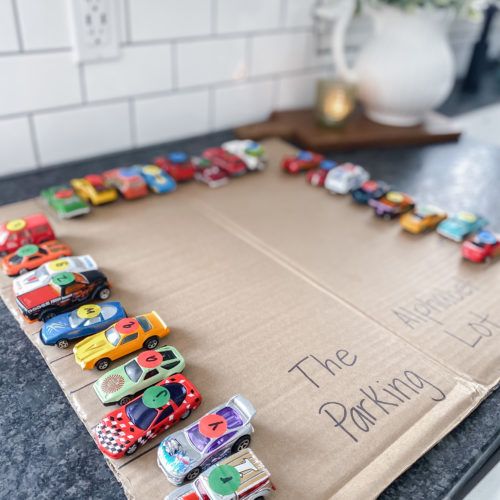
Missing Number & Color Name Clips
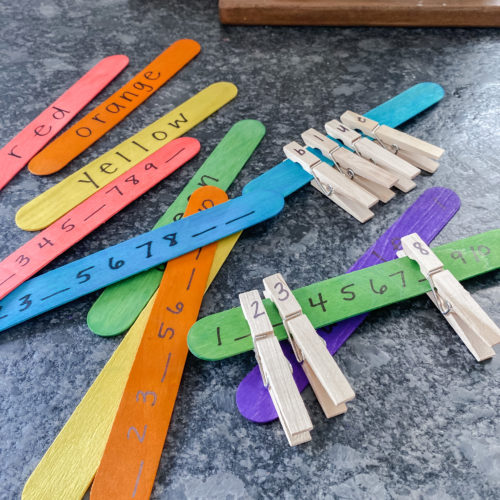
FIND MORE INSPIRATION
Find even more achievable ideas…
*It’s important to note that every child develops at their own pace, and there can be variations within the normal range. If you have any concerns about your child’s development, it’s always a good idea to consult with a pediatrician or healthcare professional.

